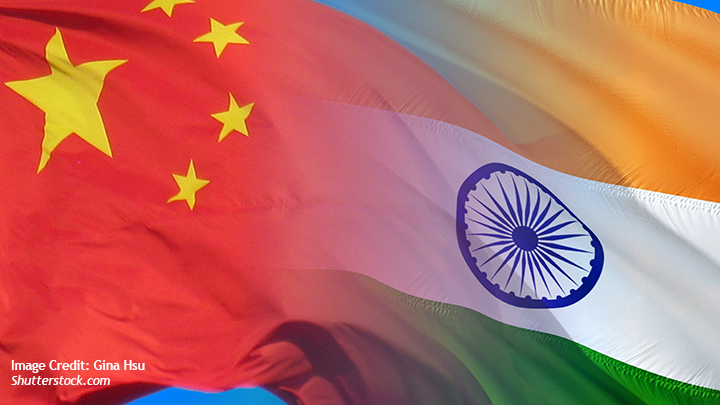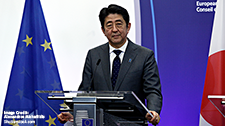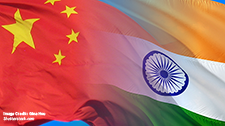Will India and China Escape the Thucydides’ Trap?

Jagannath Panda
Introduction:
About 10 days after the U.S. House of Representatives’ Speaker Nancy Pelosi’s visit to Taiwan, India finally broke its studied silence over both the trip and China’s consequent unprecedented military exercises and live-fire air and sea drills that encircled Taiwan, heralding the onset of the Fourth Taiwan Strait Crisis. On August 12, while answering questions on these recent developments in the Taiwan Strait as part of a weekly media briefing at the Ministry of External Affairs, India’s Official Spokesperson Arindam Bagchi, without naming any parties, urged exercising restraint and avoiding unilateral actions to change the status quo, so as to de-escalate tensions and maintain peace and stability in the region.
Even as no loud official proclamation was expected, the supposedly non-descript nature of India’s statement was in keeping with the prevalent regional provocation-averse ethos vis-à-vis China. Even the Association of Southeast Asian Nations (ASEAN) foreign ministers’ statement on the cross-strait development, while warning about the “unpredictable consequences” of “open conflicts” and “miscalculations” between major powers, reiterated each member’s support for its respective “One China” policy. However, India’s short, yet stern, statement was marked by its refusal to abide by Beijing’s call to reiterate the “One China” policy, simply because India’s “relevant” policies are “well-known and consistent.”
Related Publications
-
Report of the Webinar on China’s Himalayan Hustle – Part II: Will Eco-Dominance Be China’s New War Front?
This report is an outcome of the webinar titled “China’s Himalayan Hustle – Part II: Will Eco-Dominance Be China’s New War” held on June 18, 2024. Dr. Jagannath Panda moderated […]
-
Nepal Is Hardly China’s Best Bet in the Himalayas
In July, Nepal’s fractious politics witnessed yet another churning in a span of months: 72-year-old veteran politician Khadga Prasad Sharma Oli of the Communist Party of Nepal–Unified Marxist Leninist (CPN–UML) […]
-
Why the Himalayan Region Is Integral to a Rules-Based Order in the Indo-Pacific
In June 2024, former U.S. House Speaker Nancy Pelosi minced no words in criticizing the Chinese government and President Xi Jinping for the persecution of Tibetans, including attempts to erase their culture. […]
-
Strong Europe-Japan Relations are a Legacy of Shinzo Abe
Abe was a firm proponent of strengthening a free, open and rules-based Indo-Pacific. Not only was he steering Japan away from total dependence on the U.S. for its security, but […]
-
Could India’s relationship with China change under the new Modi government?
As the Indian Prime Minister Narendra Modi forms a new government for the consecutive third time after the BJP-led National Democratic Alliance (NDA) coalition secured a comfortable majority in the […]




